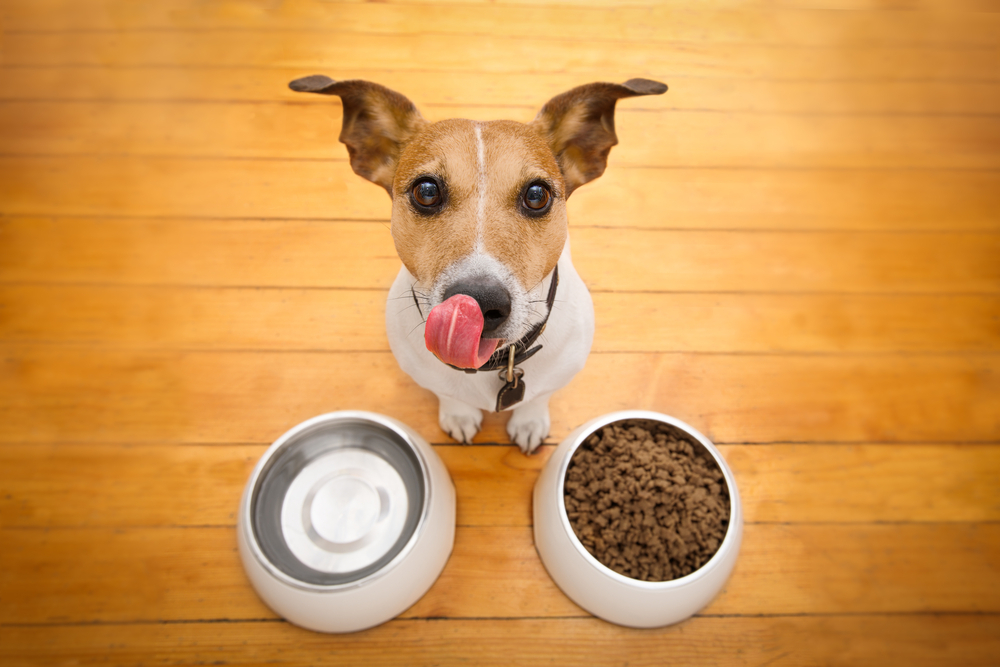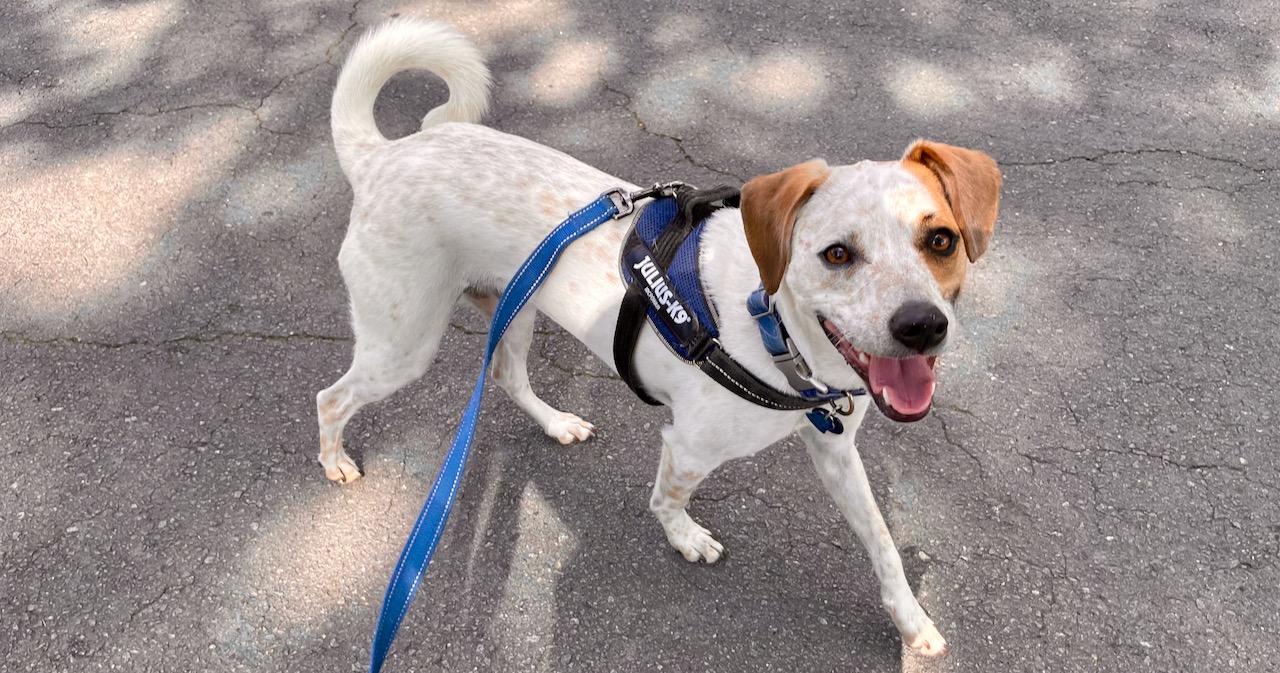In ultra-modern pet-loving society, puppies are taken into consideration as loved contributors to their own families. As responsible puppy owners, ensuring our puppies and dogs’ diet and well-being will become paramount. One sizeable issue of their care involves tailored nutrients – crafting a weight loss program that meets the particular wishes of every person’s dog. Let’s delve into the significance of tailored nutrition for dogs and how it can contribute to their normal fitness and happiness.

Understanding The Needs Of Your Perfect Dogs Diet
First, we need to understand that not all dogs are the same when it comes to food. Their race, size, age and health all play a big part in what they should eat. Buy nutritional and perfect dog food at the boggos store.
Related: Best All-Natural Dry Dog Food For Your Pet Health
Species and size are important
Yes, you heard it right! The nutritional requirements of dogs vary depending on their breed and size. For example, larger dogs need food that helps keep their bones strong, while smaller dogs may need lighter kibble to avoid the risk of choking.
Age and stage of life considered
Like humans, dogs’ nutritional needs change with age. Puppies need extra protein and fat to function as they grow, while older dogs may need a diet that supports mature joints and overall health.
Why a healthy, balanced diet is key to your dog’s health
We are not the only ones who need a balanced diet; It’s also important for our pups! They need a good mix of proteins, carbohydrates, fats, vitamins and minerals to stay healthy and active.
Related: The Buzz About Insect-Based Protein: A Game-Changer For Canine Health
What nutrients does your dog need?
Protein helps them build muscle, carbs provide the energy they need for their running game, and fat keeps their skin and coat looking radiant and healthy
How does diet affect your dog’s physical and mental well-being
Believe it or not, what your dog eats can affect more than just their physical health. A balanced diet can keep them happy and mentally strong, while poor nutrition can lead to all sorts of health problems.
Related: The Ultimate Guide To Tailoring Dog Diets
Preventing Common Food Issues
Unfortunately, our dogs are also immune to food-related problems.
Allergies and sensitivities
Just like us, dogs can get acne! Certain vegetables, dairy, or proteins cause problems for them. They care about what they are having trouble with and have changed their diet a lot.
First things first, we need to understand that not all dogs are the same when it comes to food. Their breed, size, age, and overall health greatly determine what they should be eating.
Breed and Size Matters
Yep, you heard it right! Different breeds and sizes of dogs have different nutritional needs. For example, big puppies need a diet that helps their bones grow strong, while smaller breeds might need smaller kibble to avoid choking hazards.
Age and Life Stage Considerations
Just like humans, dogs’ dietary needs change as they grow older. Puppies need extra protein and fat for all that growing they’re doing, while senior dogs may need food that supports their ageing joints and overall health.
Related: Unveiling The Power Of BSFL In Dog Nutrition: A Sustainable Approach To Canine Well-Being
Why Balanced Nutrition is Key for Your Dog’s Health
A balanced diet isn’t just important for us; it’s crucial for our pups too! They need the right mix of proteins, carbohydrates, fats, vitamins, and minerals to stay healthy and active.
What Nutrients Does Your Dog Need?
Proteins help them build strong muscles, carbs give them the energy they need to run and play, and fats keep their skin and coat looking shiny and healthy.
How Diet Affects Your Dog’s Physical and Mental Well-being
Believe it or not, what your dog eats can affect more than just their physical health. A well-balanced diet can keep them happy and mentally sharp, while poor nutrition can lead to all sorts of health problems.
Related: Why Insect Pet Food Is Creating A Buzz In The Pet Food World
Dealing with Common Dietary Issues
Unfortunately, our dogs aren’t immune to food-related problems either.
Allergies and Sensitivities
Just like us, dogs can have allergies too! It might be grains, dairy, or certain proteins causing them trouble. Figuring out what’s bothering them and adjusting their diet can make a world of difference.
Weight management affliction
Obesity is a real issue for many dogs and is often the result of overeating or not enough exercise. Keeping an eye on their weight and adjusting their diet as needed can help them stay lean and healthy.
Related: Exploring The Rise Of Insect-Based Dog Food In India
How to create a customized meal plan for your dog
Now that we know why the formula is important, let’s talk about how to make it happen.
Get professional advice
Don’t be afraid to turn to your veterinarian or pet nutritionist for help! They can give you appropriate advice based on your dog’s specific needs.
Choose the right things
Whether you’re buying professional dog food or cooking homemade meals, quality matters, look for foods made with real meat and healthy ingredients that will provide all the nutrients your dog needs.
Related: Why Your Dog Needs Insect Protein For The Best Nutrition And Health
Benefits of formulated nutrition
So, what’s in it for your dog?
Proper digestion and nutrient absorption
A diet tailored to your dog’s needs means that their food will be better digested and more nutritionally beneficial.
More Energy and Vitality
The right food will make your dog roll around like a puppy, no matter their age!
Related: Do Dental Sticks And Treats Really Clean Your Dogs Teeth?
Tips for Implementing Your Dog’s Tailored Diet
Ready to get started? The following tips will help you:
Parts management is key
Don’t overdo it with seasoning! Monitor feeding size to avoid weight gain.
Make changes gradually
Changing your dog’s diet? Take it slowly to avoid stomach problems.
Related: How Much Protein Should Dogs Have In Their Diet?
Conclusions
Prepared food is not just a fancy word; It is important to keep our dogs healthy and happy for many years to come. By understanding their unique needs and choosing what they eat wisely, we can give them the best possible path to a long and fulfilling life with us.
FAQs
How can I tell if my dog needs a special diet?
Keep an eye out for things like upset stomachs, allergies, or weight changes. If in doubt, chat with your vet!
Can I cook homemade meals for my dog?
Absolutely! Just make sure they’re getting all the nutrients they need. A vet can help you put together a balanced diet plan.
What should I do if my dog has food allergies?
Start by eliminating potential triggers from their diet, then slowly reintroduce foods to see what’s causing the problem.
How often should I change my dog’s diet?
Stick to a consistent diet unless your vet advises otherwise. Dogs don’t love surprises when it comes to their food!
Is raw feeding a good option?
It’s a bit of a hot topic! Chat with your vet before diving in to make sure it’s the right choice for your pup.

